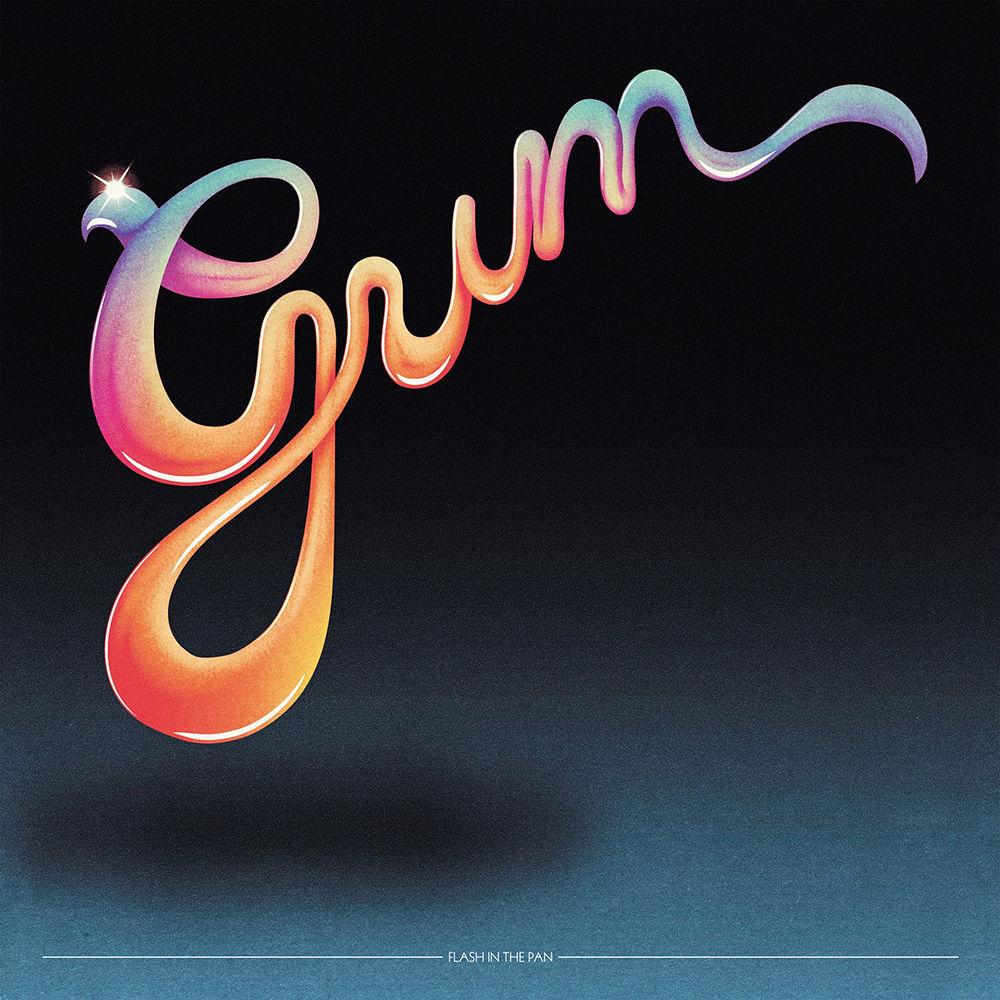While Australian Jay Watson is predominantly known as a drummer for Tame Impala and key member of Pond, he also has a side act, GUM. Watson put out an excellent piece of work for his junior solo album, “Flash in the Pan.” The album, which is a follow up to “Glamorous Damage,” debuted in November 2016. The teaser featured YouTube sensation, “Sexy Sax Man” (Sergio Flores) to the track of “Heatwave,” introducing the ambitious and textured synth track. The synth pop and funk of “Flash in the Pan” may be experimental, but it sounds perfectly manicured and demonstrates originality.
Prior to listening, acknowledge that GUM was never meant to imitate the omnipresent psychedelia of Tame Impala or the fizzling synths imbedded in Pond’s music. GUM heads in a different direction; it won’t necessarily transport you to outer space like Pond tries to do. “Flash in the Pan,” for the most part, is vocally absent — which lets the synths speak for themselves. Each track is distinctive, eliminating any confusion of tracks melting together in repetitive rhythm.
The second track of “Flash in the Pan” is “Gemini,” which was the first song written for the album and is certainly the most popular. For those familiar with Tame Impala, they will find familiarity in the skewed synth riffs and transcendent echoes. The music video for the track was, of course, astrologically influenced. The meaning of the song seems to be imbedded in people’s fascination with astrology and religion dictating the meaning and direction of their lives.
“If You’re Gonna Love Again” stood out instrumentally, but the generic commentary of a traumatic breakup made it seem lacking in effort.
“Deep Razz,” features a hefty bass and crafted, unanticipated turns, which is my favorite track on the album. Alternatively, “Ophelia” seemed to have a lot of 1980s influence between the haunting keyboard and the wandering synths.
“Heatwave” is my second favorite, which is a dense and psychedelic track. Though lyrics are sparse, with the first listen you’ll realize they’re not necessary.
“Deep Heat” has a robotic, tumbling feel. Those who are fans of Daft Punk will enjoy this track. It is futuristic and wholesome, yet at moments, it seems like it tries too hard with the Auto-Tune.
“Rares” is probably the most unmemorable of the track. It seems to be missing something, although I can’t quite pin it down.
“Honey (Don’t Cry)” is probably the most sentimental and optimistic of the tracks. Unlike the others, the vocals are translucent, triumphing over the backing instruments. The lyrics “Honey, don’t cry / it’s not going to be like this forever” and “I’m telling you it’s going to get better” appear in clarity. While the lyrics may seem generic, they were definitely emotionally invested in.
“Don’t Let Time Get You Down” flawlessly features a dry drum sound and enthusiastic keyboard-like sounds.
“Flash in Japan” is a cosmic and inquisitive instrumental. It doesn’t add much to the album for me, yet it seems like the perfect companion to a “Star Trek” episode.
The album closes with “Distorted Star,” a reflective song of the past. The lyrics speak of something he never wanted but always needed. The lyrics, “Distorted Star, I’m just like all of you back home,” repeat throughout the track. Regardless, you don’t need to know the meaning to enjoy the melancholy, soothing track. The chorus features a calming piano and closes with an outro both menacing and fuzzy.
Ultimately, “Flash in the Pan” delivers a respectable synth album that impresses with a rush of synth and twisted vocals.













